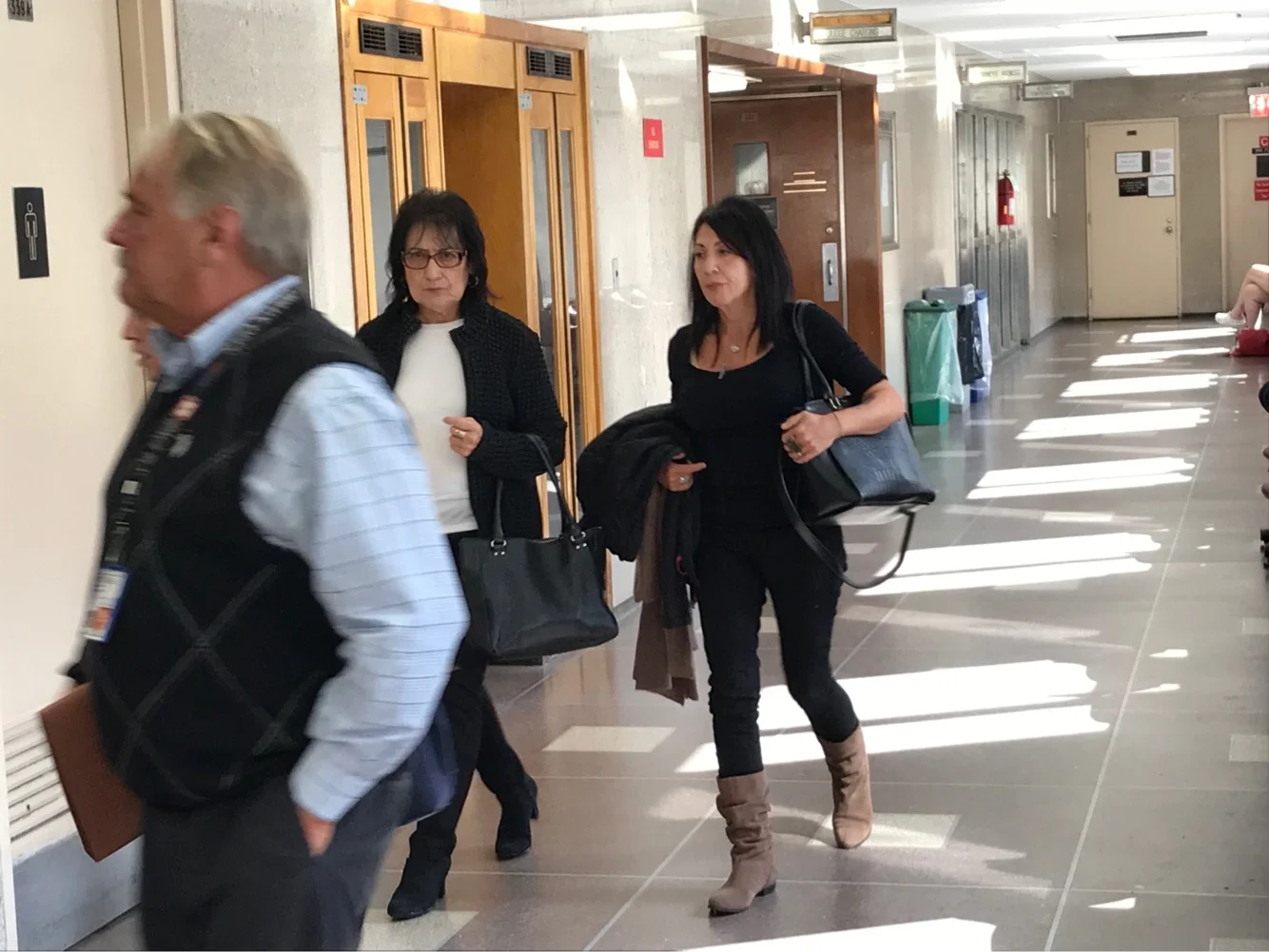Nine Jurors Selected as Vetrano Murder Case Begins
/Karina Vetrano’s mother walks down the hallway in Queens Criminal Court during the first day of jury selection Monday. Eagle photos by David Brand.
By David Brand
The families of murder victim Karina Vetrano and defendant Chanel Lewis sat in the last row of the courtroom Monday afternoon watching and listening during the first round of jury selection.
During questioning of the first 16 potential jurors, the prosecutors and defense attorneys focused on jurors’ ability to overcome sympathy, the concept of coercion and possible reasons for a confession. By the end of the day, nine jurors were selected.
The family of defendant Chanel Lewis stand outside the courtroom on the first day of jury selection.
The case could hinge on an alleged confession that Lewis made while in police custody in February 2017. The defense team says that confession was coerced.
Assistant District Attorney Brad Leventhal and defense attorney Robert Moeller of Legal Aid each alluded to the gruesome nature of the case, in which Vetrano was raped and murdered while jogging on a secluded trail near her Howard Beach home. They also each discouraged sympathy for the victim’s family or for Lewis, 22.
“This is about as serious as it gets,” Moeller told the first prospective jurors in the jury box of Justice Michael Aloise’s courtroom, as dozens of others sat in the rows behind the bar.
Though Leventhal noted the significant media attention garnered by the August 2016 murder, only four of the first 16 potential jurors said they were familiar with the case. None of the four said that knowledge would preclude them from serving objectively on the jury and only two of those were dismissed. Overall, seven of the 16 potential jurors were dismissed, leaving nine potential jury pool members from the first group.
During his questioning, Leventhal asked whether potential jurors would had heard the phrase “confession is good for the soul” and whether one might confess to a portion of a misdeed.
Moeller, who questioned the jury pool after Leventhal, asked jurors if there are “other reasons why someone might confess” and if they could “conceive of a situation where someone might be pressured to say something.”
He asked them to consider their jobs and what they might do in case they were getting pressure to produce a result. He said one might “cut corners.”
Leventhal asked if jurors require a “certain type of evidence to convict someone of a crime” because the prosecutors will not be calling eyewitnesses. Prosecutors will call several law enforcement officers to build the case against Lewis, he added.
Leventhal told potential jurors that the most important tool they can bring into the courtroom is “common sense” and urged jurors to check their biases “at the door and decide the case on the facts.”
Following the proceedings, Vetrano’s mother and other family members declined to comment.
“We’re happy,” said Chris Banks, the executive director of East New York United Concerned Citizens and a spokesperson for the Lewis family.
Opening statements are expected on Nov. 7.





